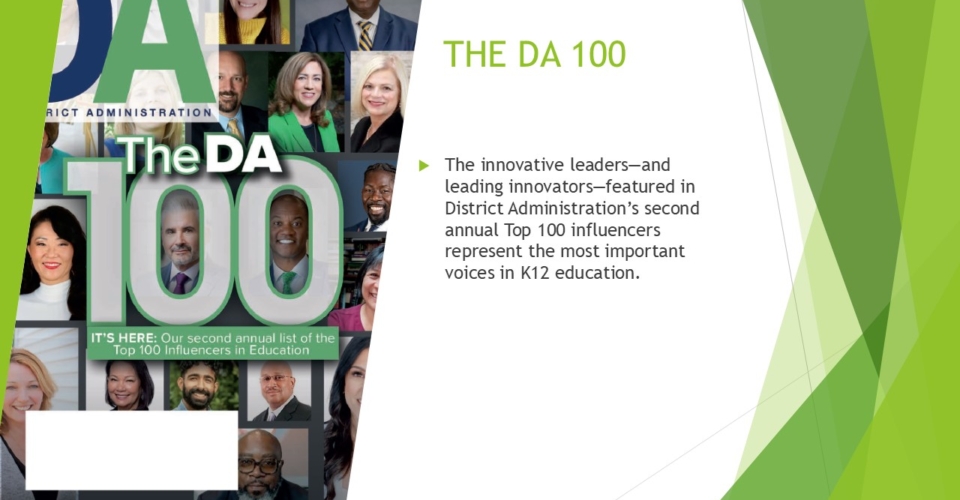Current strategies for improving academic performance are far from viable, say experts reacting to the latest Nation’s Report Card.
It’s time for policymakers to listen to school leaders and close the innovation gap, according to leading education experts.
The latest Nation’s Report Card revealed “historic” lows among the lowest-performing students, according to the National Center for Education Statistics, which published the results of the 2024 National Assessment of Education Progress this week.
Experts from leading education organizations have voiced their concerns regarding the continued decline in students’ academic progress.
Auditi Chakravarty, CEO of the Advanced Education Research and Development Fund, argued that new science is needed to help students obtain “core essential skills.”
“Currently, there is an ‘innovation gap’ holding back development of truly research-based solutions that deliver results for students, families and school systems,” Chakravarty said in a statement. “Increasing national investments in education R&D can change that.”
Dr. Sue Kowalski, lead research scientist at NWEA, called for sustained investment strategies, such as integrating reading and science instruction in early grades.
“The latest results show that middle school students—those who were in the early elementary grades when COVID struck—face a steep climb to recover lost ground and return to pre-pandemic levels of achievement,” she said.
Center for Education Reform founder and CEO Jeanne Allen said the results confirm what parents and employers “already know,” that America’s schools aren’t executing their most basic task.
“Forty years ago, A Nation at Risk warned that if a foreign power had imposed such results, we would have considered it an act of war,” she said. “Today, the crisis is homegrown—and it is eroding America’s workforce and future competitiveness.”
“You cannot lead in AI, aviation or semiconductor manufacturing if your graduates can’t pass the nation’s benchmark test,” she added.
Similarly, Cato Policy Analyst Colleen Hroncich argued that accountability in public schools is largely a myth. She said that states should continue advancing educational freedom programs rather than locking students into a school system that fails to improve academic outcomes.
“Real accountability comes when parents can choose and dollars follow students,” she said.
Literacy, a central focus in early grades, must also be prioritized beyond middle school, added Dr. Miah Daughtery, vice president of advocacy, literacy policy and government affairs at NWEA.
“Education leaders and policy makers must rethink how we support older students and close persistent gaps through systems-level changes, like embedding literacy across subjects, using age-appropriate assessments, investing in teacher training and rethinking how instructional time is used to support adolescent readers,” Daughtery said.
Read District Administration’s coverage of the Nation’s Report Card here.



